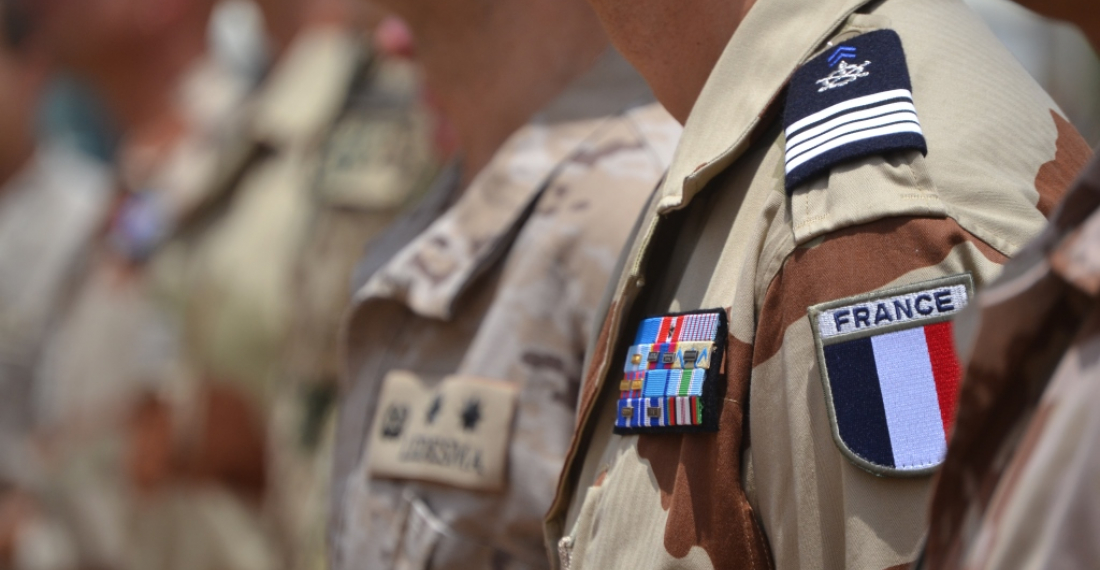“As of the next few weeks”, France will begin the reconfiguration of its military engagement in the Sahel, announced President Emmanuel Macron on Friday (9 July). He specified that several military bases were going to close in Mali before the end of the year, following discussions with G5 Sahel leaders.
The closure of the French military precincts in Kidal, Tessalit and Timbuktu, in northern Mali, will be “completed by the beginning of the year 2022”, the French president said during a joint press conference in Paris with the new Nigerian president, Mohamed Bazoum, whose country is part of the G5 Sahel (with Mauritania, Mali, Burkina Faso and Chad).
Although the manpower will not decrease in the months to come, France looks to maintain between 2,500 and 3,000 men in the region, compared to the 5,100 there today, Macron said. “This transformation responds to the need to adapt to the new posture of terrorist groups and to support the assumption of responsibility by the countries of the region”, he declared.
“We remain committed to the Sahel because it is requested of us by the States of the region”, he insisted, highlighting France's intense work consulting its Sahelian, European and international partners.
Although France recently resumed its joint operations with the Malian forces, Emmanuel Macron reiterated his concern on Friday regarding Mali's current leadership, which came to power following the country's second coup in 9 months. “We have an extremely cautious approach because the situation concerns me politically,” he explained.






